East Java, located on the eastern side of Indonesia’s most populous island, offers much more than stunning landscapes and rich traditions. Known for its fertile volcanic soil and ideal climate, the province is a hidden treasure for coffee enthusiasts. Just two hours from Surabaya by toll road, Probolinggo, Bondowoso, Jember, and other highland regions of East Java stand out as centers of exceptional coffee cultivation. But the region’s coffee culture goes beyond the cup—it’s a story of history, sustainability, and modern innovation. Here are the highlights of East Java’s coffee culture:
Uncovering the Coffee Culture in East Java
Coffee Plantations in Bondowoso and Jember
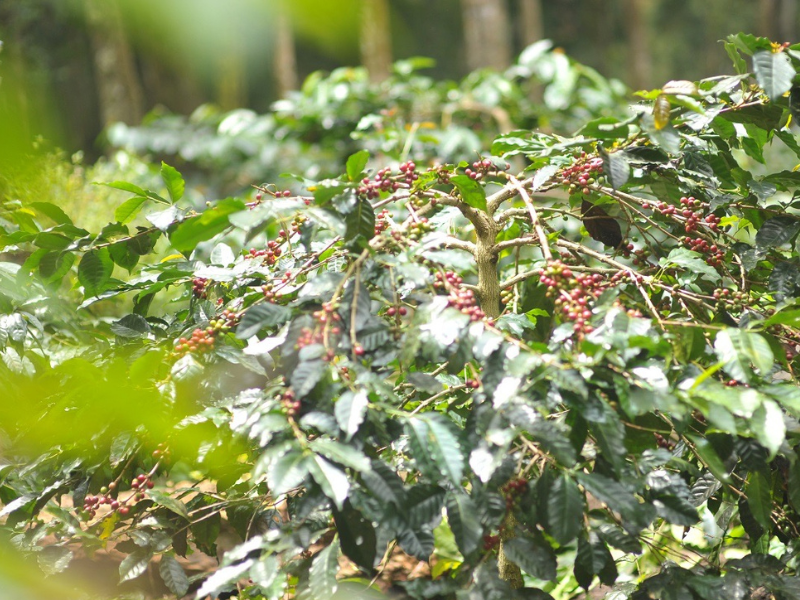
The highland areas of Bondowoso and Jember are renowned for producing some of the finest Arabica and Robusta beans in Indonesia. Bondowoso is particularly famous for its Kopi Ijen-Raung, named after the surrounding volcanic mountains that provide mineral-rich soil ideal for growing coffee. Jember, on the other hand, is home to research centers that focus on coffee cultivation, ensuring the quality of its beans meets international standards.
Coffee Tourism in Bondowoso
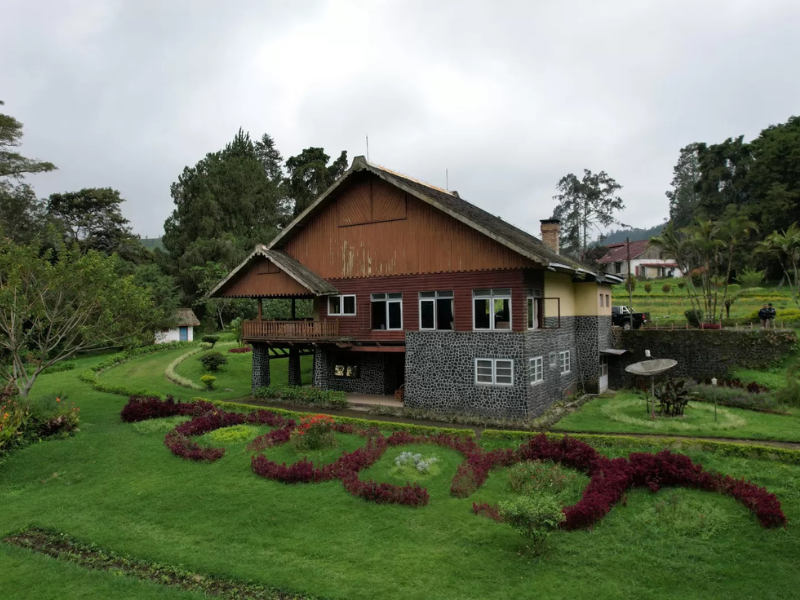
Known as the “Coffee Republic,” Bondowoso has become a key player in Indonesia's coffee industry. This regency is famous for its Java Ijen Raung Arabica, one of the world's rarest and most sought-after beans. Visitors can explore various plantations, such as Kalisat Jampit, where they can learn about cultivation and enjoy the scenic beauty of rolling coffee fields. Many farms in Bondowoso also focus on sustainable practices, ensuring the preservation of the land for future generations while producing exceptional coffee.
The Legacy of Java Coffee
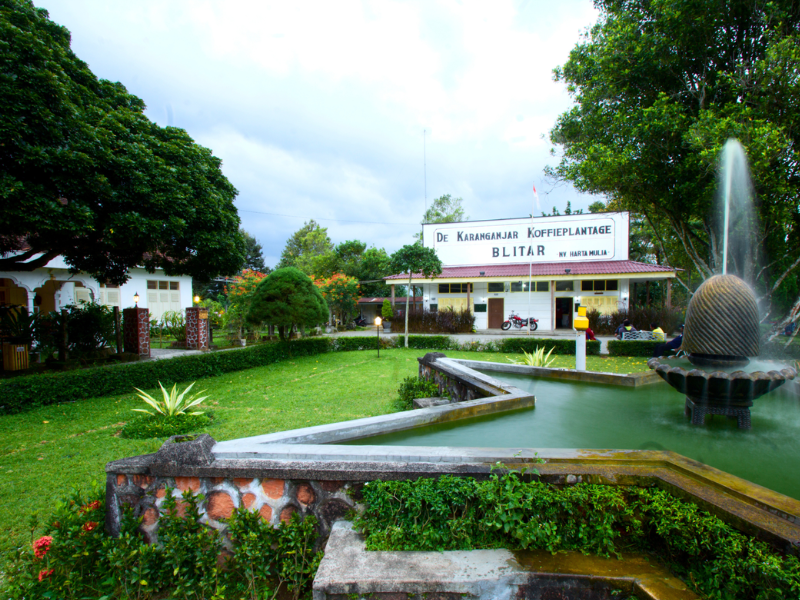
East Java is deeply connected to the history of coffee in Indonesia. During the Dutch colonial era, Java became one of the largest coffee producers in the world, and its beans were shipped globally, giving rise to the term “Java Coffee.” This legacy remains alive today, as the province continues to produce coffee that is highly sought after in international markets.
Beyond the plantations, visitors can explore museums and historical sites that document the evolution of coffee in East Java. For instance, De Karanganjar Koffieplantage in Blitar often features remnants of the coffee trade era, adding a cultural dimension to the coffee experience. Learning about this history deepens one’s appreciation for the hard work and craftsmanship behind every cup of Java coffee.
Local Coffee Shops with Character
In Malang, Kopi Sido Mulia is a historic store that has been in operation since 1948. Founded by Tjing Eng Hwie, the store is located at Jalan Cokroaminoto 2B-2C in Malang and remains a prominent landmark to this day. Initially, it was known as Toko Hwie and served as both a restaurant and a store selling agricultural products. The transition to a coffee shop occurred in 1953, inspired by a suggestion from a Dutch woman. She remarked that Malang’s cool climate was perfect for enjoying coffee, sparking the idea for Tjing Eng Hwie to focus on coffee as the store’s main offering. Today, Toko Sido Mulia stands as a testament to Malang's rich coffee tradition and history.
Traditional Coffee Brewing Methods
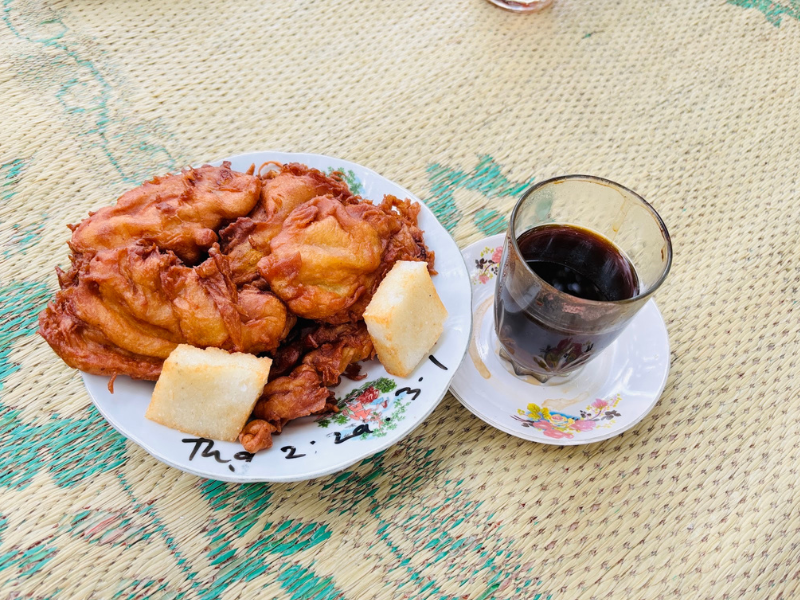
East Java’s coffee culture is not just about consuming coffee but also about preserving the methods used to make it. Traditional brewing techniques are still practiced in many rural areas, emphasizing simplicity and authenticity. One standout is kopi klothok, a type of coffee slowly brewed over a wood-fired stove, often paired with fried bananas. This rustic preparation style is common in small warungs near tourist destinations like Mount Bromo. Another traditional method is the use of gula aren (palm sugar) to sweeten coffee, adding a distinctively earthy flavor that complements the richness of the brew. These brewing techniques are a testament to the region's commitment to preserving its coffee heritage.
Coffee Festivals and Events
East Java celebrates its coffee culture through various festivals and events held throughout the year. The annual Bondowoso Coffee Festival, for instance, showcases the region’s finest beans and innovative brewing techniques. This event brings together coffee farmers, roasters, and baristas to share their knowledge and love for coffee.
In Malang, the Coffee and Art Festival combines coffee with creative industries, offering workshops on latte art, cupping, and coffee roasting. These festivals are not only an excellent opportunity for coffee enthusiasts to expand their knowledge but also a chance to connect with the local community and understand the socio-economic importance of coffee in East Java.
Savoring the Views with Coffee
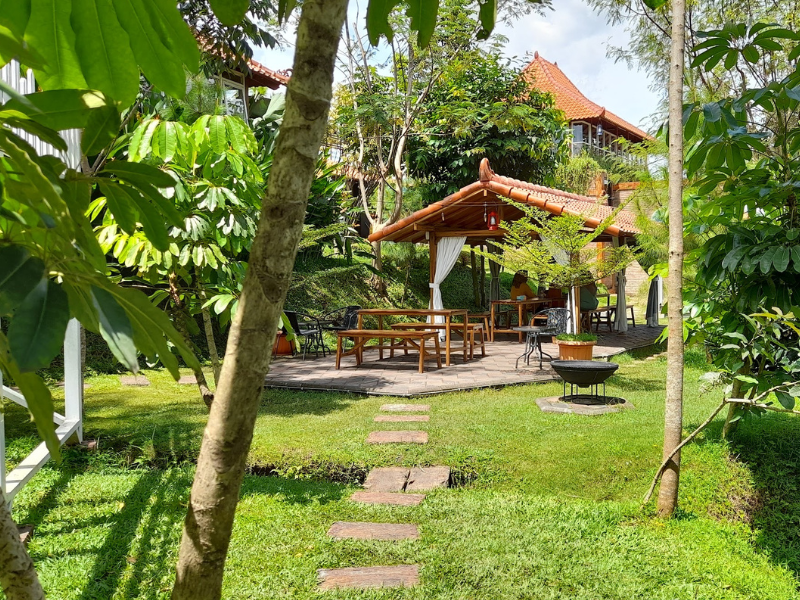
East Java’s coffee culture is enriched by its stunning landscapes, making the act of drinking coffee a multi-sensory experience. Many cafés and coffee spots are located in scenic areas, offering breathtaking views that enhance the enjoyment of every cup. For instance, NK Cafe & Restaurant in Malang offers the visitors to sip coffee amidst terraced rice fields,
Supporting Sustainable Coffee Farming
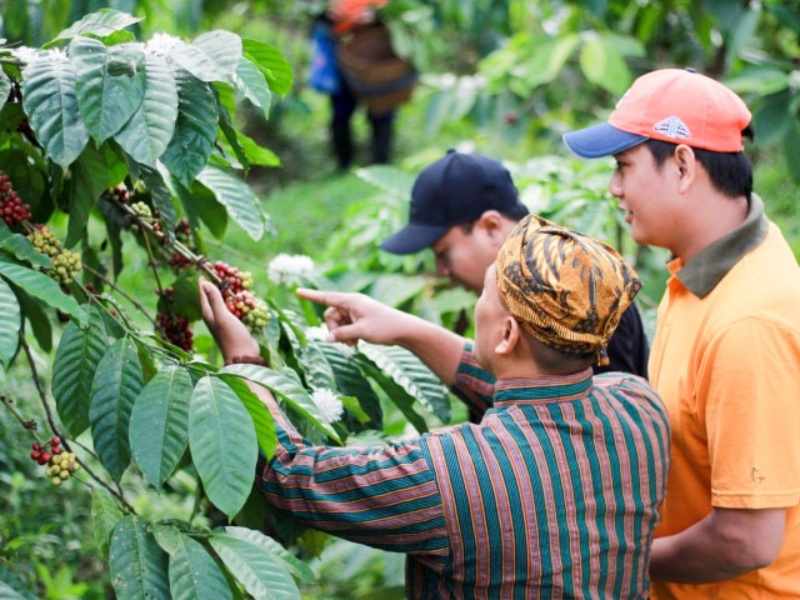
As environmental concerns grow, many East Java coffee farmers are embracing sustainable practices to ensure the future of their industry. In regions like Ijen and Tumpang, plantations have started using organic fertilizers and shade-grown techniques to minimize environmental impact while preserving biodiversity. Visiting these sustainable farms not only supports eco friendly practices but also offers visitors a chance to learn about the intricate relationship between coffee and nature. Some farms even allow guests to participate in harvesting activities, providing a hands-on experience of the coffee-making process.



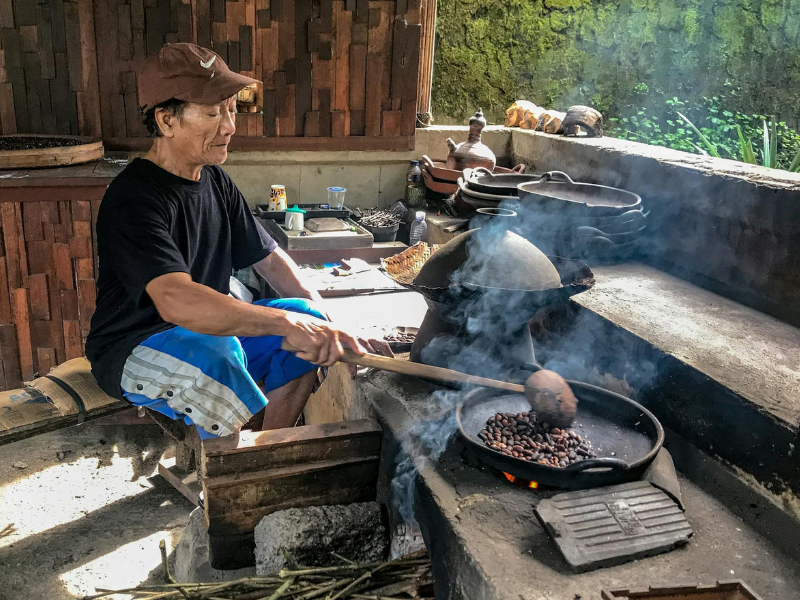
 Alicia Putri
Alicia Putri
 Jan 08, 2025
Jan 08, 2025